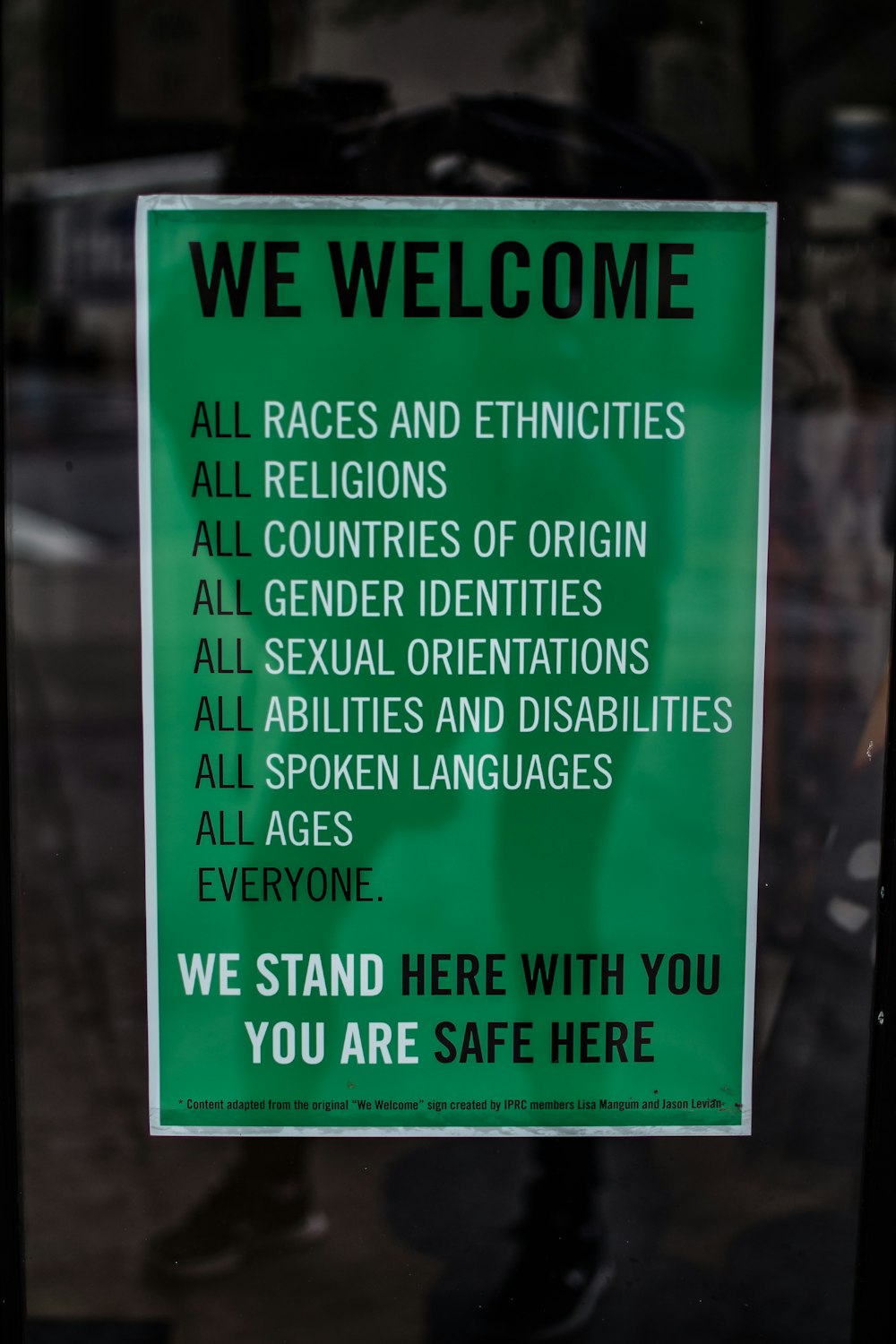Guess Which Groups View DEI Most Negatively...and Why That Is So Harmful
A survey by Pew Research reveals varying attitudes on diversity, equity, and inclusion in the workplace.
It takes constant analysis to find the latest data like what is included below. Your support frees up some time for me to do so. Would you consider becoming a paid subscriber today?
The acronym DEI stands for more than simply “Diversity, Equity, and Inclusion,” it has become a dividing line between people who want antiracism embedded in the workplace and those who think such efforts have gone too far.
If you’ve ever been through a DEI training you may have appreciated it or resented it. Whatever your reaction, there are some observable patterns in attitudes between demographic groups.
A survey by Pew Research describes outlooks around diversity, equity, and inclusion in the workplace with some revealing insights about which groups are most and least likely to think DEI is helpful.
Over half of respondents said “focusing on increasing diversity, equity, and inclusion was a good thing” (56%), but men, white people, and Republicans were most likely to view DEI negatively.
According to the survey, “men are more than twice as likely as women to say [DEI] is a bad thing (23% vs. 9%).”
Twenty-one percent of white respondents indicated that focusing on DEI was “a bad thing” while just one percent of Black people said the same and 78 percent of Black people said the focus on DEI was good.
Thirty percent of those who are Republican or lean that way said focusing on DEI at work was mainly negative compared to just four percent of Democrats who thought it was negative. Seventy-eight percent of Democrats or those who lean that way believed that focusing on DEI in the workplace is a good thing compared to 30 percent of Republicans.
While it may not be a surprise that men, white people, and Republicans have overall negative views of DEI efforts in the workplace, the cause and effects are concerning.
In many cases, men, white, people and Republicans stand to benefit from keeping the status quo.
In a patriarchal society, being male is an advantage, especially in the workplace. In a society that centers white people rather than the increasing populations of people of color, being white often grants access greater opportunities. Republicans may or may not receive distinct advantages for their political affiliation, but they have been fed a consistent stream of anti-woke, anti-CRT, anti-DEI information via social media and “news” outlets.
Diversity, equity, and inclusion also involves more than just race and ethnicity. Age, sexual orientation, and physical disability all fall under the heading of DEI. Opposing DEI programs hinders progress for these groups, too.
Why is that the people who are most disadvantaged in our society view DEI most positively? Why do white people and men view DEI so negatively? What happens when there is such a large partisan divide when it comes to attitudes regarding DEI?
These questions that deserve interrogating beyond the survey data.
Not all DEI initiatives are implemented with equal effectiveness. There are better approaches and well-meaning but ill-conceived efforts as well.
The uneven record of DEI programs should provoke imagination about how to make those programs better or offer new ones that can move an organization toward more inclusivity.
Instead, certain groups view DEI as pointless or even harmful. Instead of offering better solutions, they often propose merely to strip away even the meager efforts that workplaces are attempting.
While there are more and less effective DEI approaches, in general, negative views of DEI have the most deleterious effects on people of color, women, and other historically marginalized groups in the workplace.
At its best DEI initiatives center the needs of the most disempowered people in an organization and make adjustments to empower them. If that’s an issue for some people, then maybe the issue is with those people rather than the programs.





Women, POC, Ages 18-29, with the 30-49's not far behind, and Dem/Lean Dem are leading the pack that DEI is a good thing offers hope. The milk toast pack are led Rep/Lean Rep, 65+, 50-64 and White is a bit more thought provoking to me. The second group may be a little farther back on MLK's arc of the moral universe, starting to lean toward justice but not yet fully. I'm wishing there were an earlier poll of the same nature and ones following so that we have have a better view of what may well be progress.
This is another case where generic poll questions are not helpful. The question seems to ask about the effectiveness of DEI programs in general. Doesn’t ask if people went through them or what they liked/disliked or if it helped interactions with diverse peers. Given the media coverage of right wing critiques over the last couple of years, it’s not surprising that a generic question would skew negative among those most likely to hear those comments.
All of this masks a void of knowledge about what DEI goals actually are (thanks, Rufo!). Just read that a UVA board member wondered why political ideology of faculty and students was not reported on the school’s “diversity dashboard”. Because that’s not at all what this is about!
Keep pushing back, Jemar! It’s important.